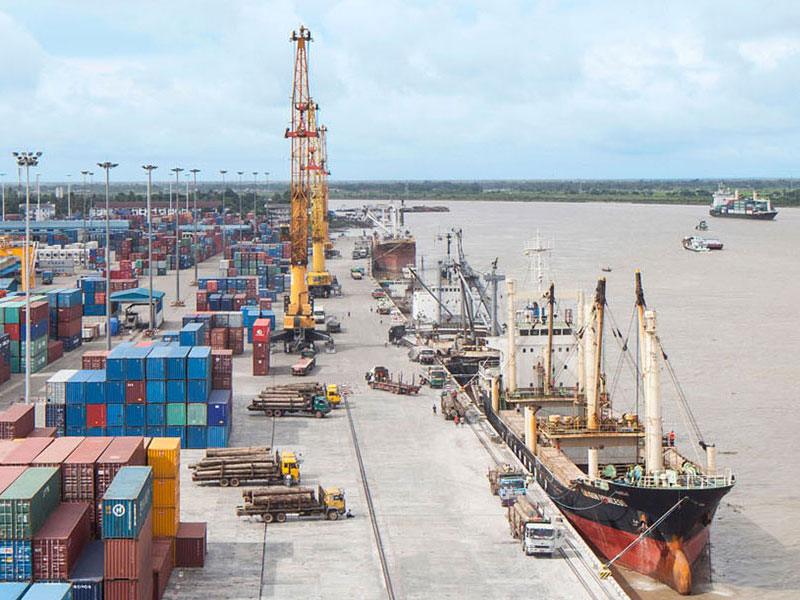-
Myanmar: Loosening of sanctions expected, but what about the Yangon Port?
-
As a historic governing transition is about to take place in Myanmar following the land-slide victory of Aung San Suu Kyi’s National League for Democracy Party, Western sanctions will almost certainly be loosened – if not outright lifted other than a handful of exceptions. One sanctioned individual that many financial institutions will be watching is Steven Law, whose Asia World Group runs a significant part of the country’s main port. In June 2015, several Western banks including Citigroup Inc, Bank of America, HSBC and PNC Financial cut trade finance in Myanmar after learning of this.
Significantly though, Asia World Group was/is not an obscure company that somehow managed to slide under the radar of Western sanctions; on the contrary in 2011 when reforms in Myanmar began and many interested Western investors began due diligence procedures on potential partners, Asia World was one of the most high-profile conglomerates in the country. It was no secret that the company was established on drugs money and that Law had a dubious past linked to lucrative economic ties with the country’s generals.
Asia World was founded by Law’s father, Lo Hsing Han, an ethnic Kokang-Chinese from Northern Shan State labeled by the United States as the “Godfather of Heroin”. Lo was arrested in Thailand in August 1973 and extradited to Myanmar where he was sentenced to life in prison. In 1980, his sentence was commuted under an amnesty and he was released. He established Asia World in 1992 after he was given special privileges by then Intelligence Chief General Khin Nyunt for his cooperation in peace-making efforts with ethnic insurgents in Shan State. Lo maintained a low profile in the company and let his son, U Tun Myint Naing (AKA Steven Law), run it as managing director.
By 2011, Law had turned Asia World Group into one of the country’s largest and most successful conglomerates (mostly due to lucrative privileges bestowed on the group by the ruling junta). The group had at least 15 affiliated companies (in typical Western business structure these would have been subsidiaries but these affiliates were all separate registered entities with no official ownership link to each other) and the group was engaged in everything from infrastructure development to distributing beer. As a result, the group or one of its affiliated companies often popped up in due diligence investigations as it was actively involved in almost every sector of the economy. In the due diligence world, anything associated with Steven Law was red flagged, including similar named companies that had no association with the company (Asia Light for example, which was a distributor of electrical lighting equipment).
How the port issue will be reconciled is unclear, but US officials have been quoted in media reports as saying that possible solutions are being considered, without giving specific details other than the possibility of “a legal workaround” to allow shipments to pass through the port. We expect this matter will be settled shortly, given that cutting off the financing of shipments going through the Asia World Terminal severely restricts trade and is not in line with US Policy – particularly in light of the recent election outcome. One solution could be to simply delist Law from the Specially Designated Nationals (SDN) list, but his reported past ties to the drug trade make him an unlikely candidate for a swift delisting. “A legal workaround” appears much more likely, yet just what this would entail is unclear. The conundrum though highlights a major dilemma that foreign investors in Myanmar have been facing over the past several years – how do you avoid working with sanctioned entities when a large part of the economy is controlled by them? In light of recent political developments, this dilemma may no longer be of relevance from a legal or regulatory standpoint – but it will remain of reputational relevance for years to come. As such, knowing your partners – and their past – should be a pre-requisite of any diligent investor in Myanmar, regardless of the legal state of sanctions on the country.

